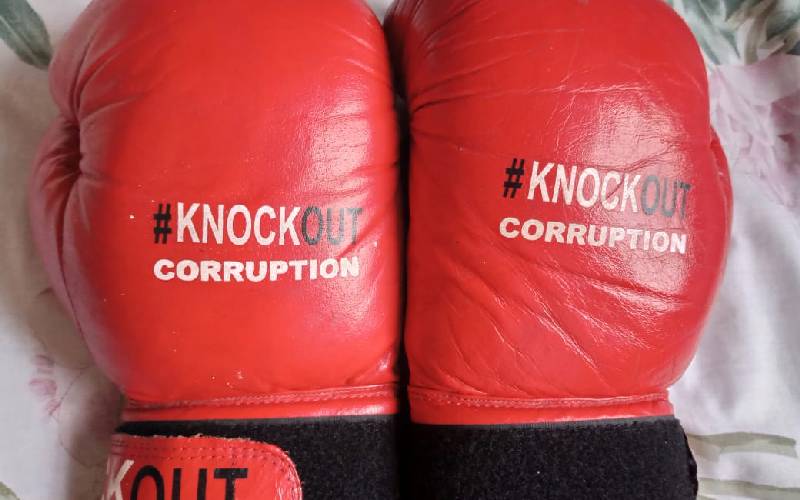
Should persons charged with criminal conduct, particularly related to corruption and misuse of public monies, stand for office? What of impeached governors? My instinctive answer to these questions is no. I recognise how corruption has contaminated our public affairs, stolen our future, and left us a shell of a country.
But several things make me pause from giving an unequivocal no to the first question. The route to being charged with a criminal offence in Kenya is littered with scheming, deception, and partisan investigations sometimes designed to achieve collateral objectives.